The 1970s gave us some of the most iconic television characters in history. Many of them were groundbreaking for their time, but others embraced humor and behaviors that would be shocking by today’s standards. Whether they were overly offensive, inappropriate, or simply out of touch, these characters were a product of their era—and they probably wouldn’t survive in today’s cancel-happy culture. Let’s take a nostalgic (and eyebrow-raising) look back at 13 TV characters from the ’70s who would be canceled today.
1. Archie Bunker – All in the Family
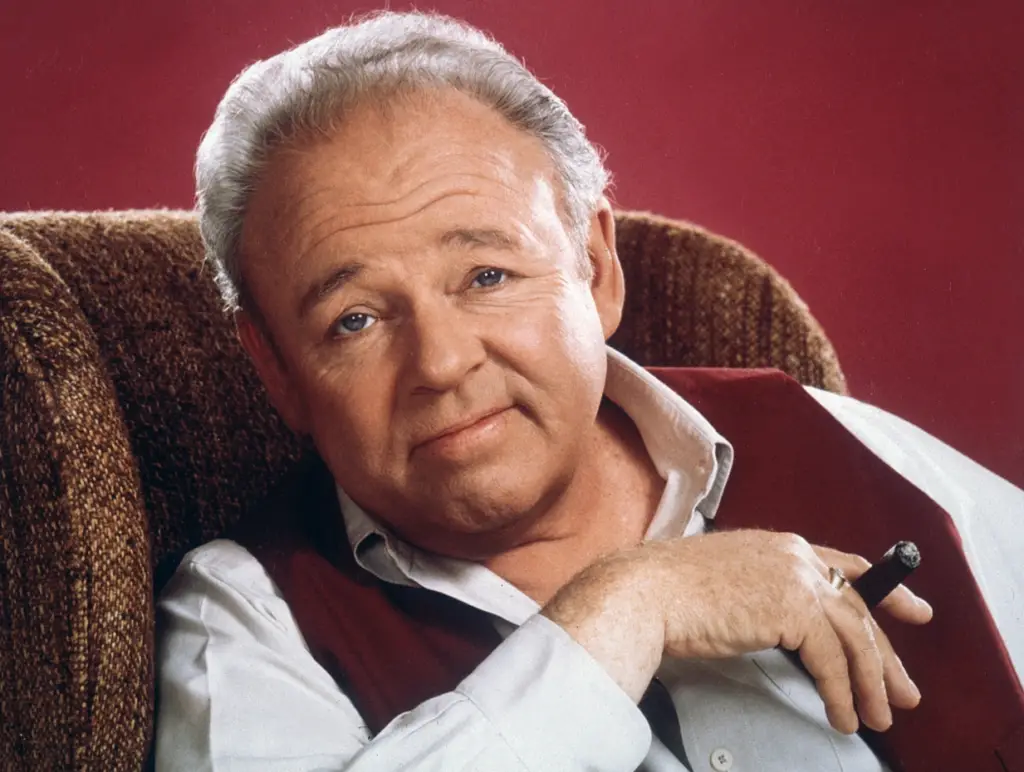
Archie Bunker, played brilliantly by Carroll O’Connor, was the poster child for outdated attitudes in All in the Family. His constant bigoted remarks about race, gender, and politics were played for laughs, but they also highlighted the struggles of a changing society. Archie often clashed with his liberal son-in-law, Michael, creating some of the most memorable debates on television.
While the show was groundbreaking for tackling social issues head-on, Archie’s prejudices would be a tough sell today. Even with his occasional softhearted moments, his harsh language and attitudes would spark outrage in the modern era, making him the quintessential character of his time—and one that wouldn’t fly today.
2. J.J. Evans – Good Times
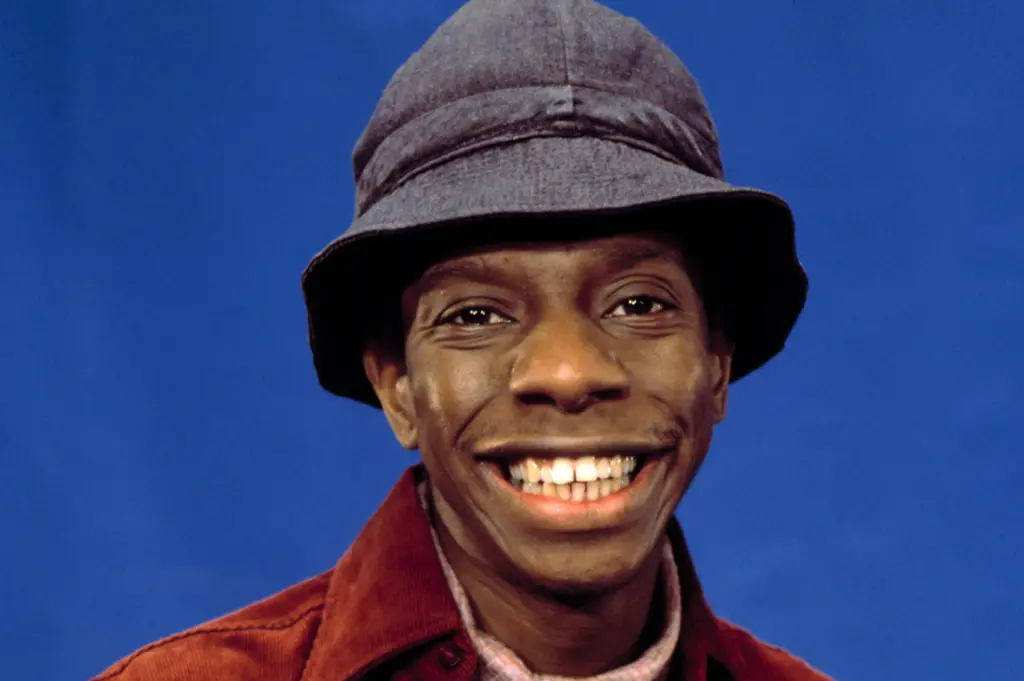
J.J. Evans, played by Jimmie Walker, was the wisecracking, over-the-top eldest son in Good Times. Known for his catchphrase “Dy-no-mite!” J.J. was a comedic standout, but his exaggerated behavior and stereotypical portrayal of a young Black man from a low-income family drew criticism even back then.
Today, J.J.’s character would likely face backlash for perpetuating harmful stereotypes. While he brought humor and energy to the show, modern audiences would expect a more nuanced and empowering portrayal, making his antics a target for critique.
3. Fred Sanford – Sanford and Son
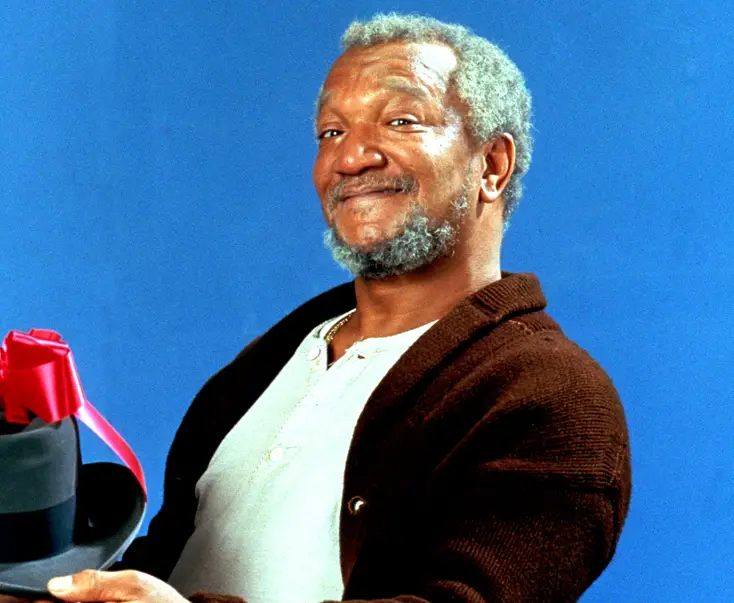
Fred Sanford, played by Redd Foxx, was a master of insults and sarcasm. His sharp tongue and constant bickering with his son Lamont were the heart of Sanford and Son, but Fred’s humor often relied on offensive jokes about race, gender, and other sensitive topics.
While Fred’s quick wit and charm made him a beloved character, his no-holds-barred approach to humor would be considered problematic today. Many of his zingers would undoubtedly ignite social media firestorms, making Fred a relic of a more unfiltered time.
4. Blanche Devereaux – The Golden Girls (Technically ’80s, but rooted in ’70s attitudes)
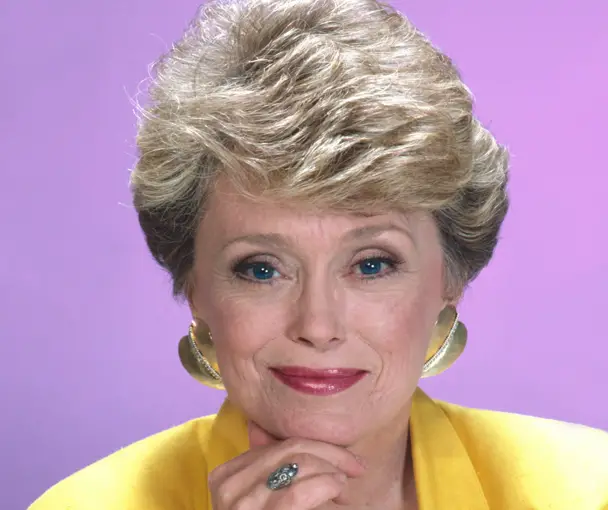
Blanche Devereaux, portrayed by Rue McClanahan, was the ultimate Southern belle with a penchant for romance. Her unapologetic confidence and flirtatious ways were hilarious, but her frequent comments about gender roles and beauty standards wouldn’t sit well with today’s audiences.
Blanche’s character often leaned into stereotypes about women and relationships, which might be seen as outdated or even offensive now. While her charm and wit remain timeless, some of her behavior might face scrutiny in a more progressive world.
5. Louie De Palma – Taxi
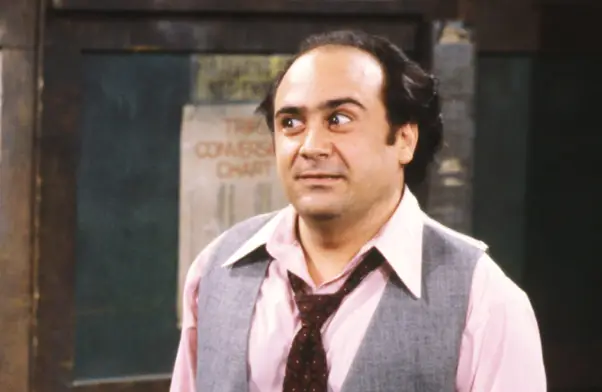
Danny DeVito’s Louie De Palma was one of the most hilariously detestable bosses in TV history. As the dispatcher at Sunshine Cab Company, Louie was unapologetically rude, greedy, and lecherous. His constant harassment of the female employees and disregard for boundaries were played for laughs at the time.
Today, Louie’s behavior would likely result in HR intervention—or worse. While his character added chaos and comedy to the show, his actions wouldn’t be as easily forgiven in a modern workplace comedy.
6. Captain Clarence Oveur – Airplane! (Though a movie, part of the ’70s zeitgeist)
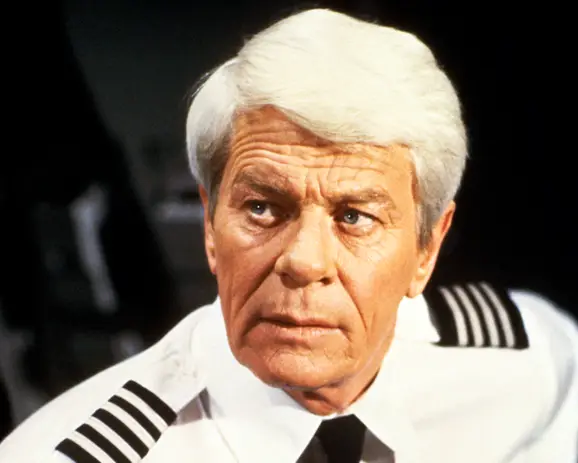
Captain Oveur, played by Peter Graves, was a parody of authority figures in the hit comedy Airplane!, but his inappropriate questions to a young boy during a cockpit visit would raise serious red flags today. While the character was meant to mock outdated attitudes, the humor would likely spark outrage in a post-MeToo world.
Even as satire, Captain Oveur’s lines would be considered too risky for modern audiences, showcasing how much cultural norms have shifted since the ’70s.
7. Maude Findlay – Maude
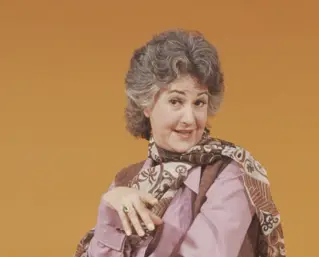
Bea Arthur’s Maude Findlay was a trailblazer—outspoken, feminist, and unafraid to tackle controversial issues like abortion and women’s rights. While many of her views were progressive for the time, Maude’s brash and often condescending manner alienated some viewers even then.
Today, Maude might be criticized for her sometimes one-sided, preachy approach to social justice, which could overshadow her good intentions. While she broke barriers, her methods might not resonate as well in today’s more nuanced conversations about equality.
8. Hawkeye Pierce – MASH
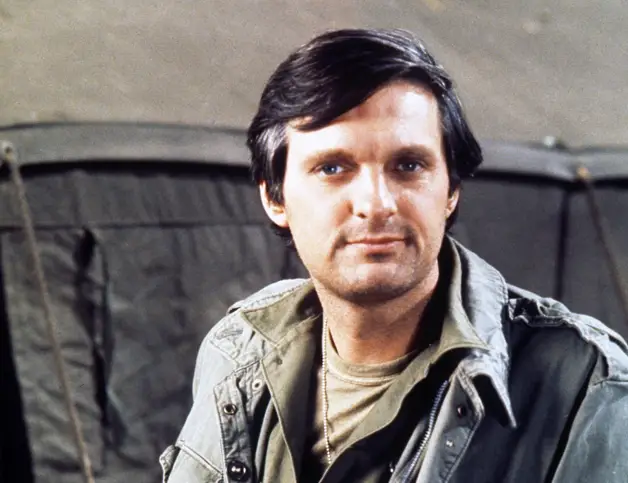
Alan Alda’s Hawkeye Pierce was the heart of MASH*, blending humor and humanity in a war-torn setting. But his relentless flirting and often inappropriate behavior toward female colleagues, like Margaret “Hot Lips” Houlihan, would raise eyebrows today.
While Hawkeye’s charm and wit remain legendary, his lack of boundaries would undoubtedly face criticism in a world that values workplace respect. Despite his good deeds, some of his antics would feel out of step with modern sensibilities.
9. Jack Tripper – Three’s Company
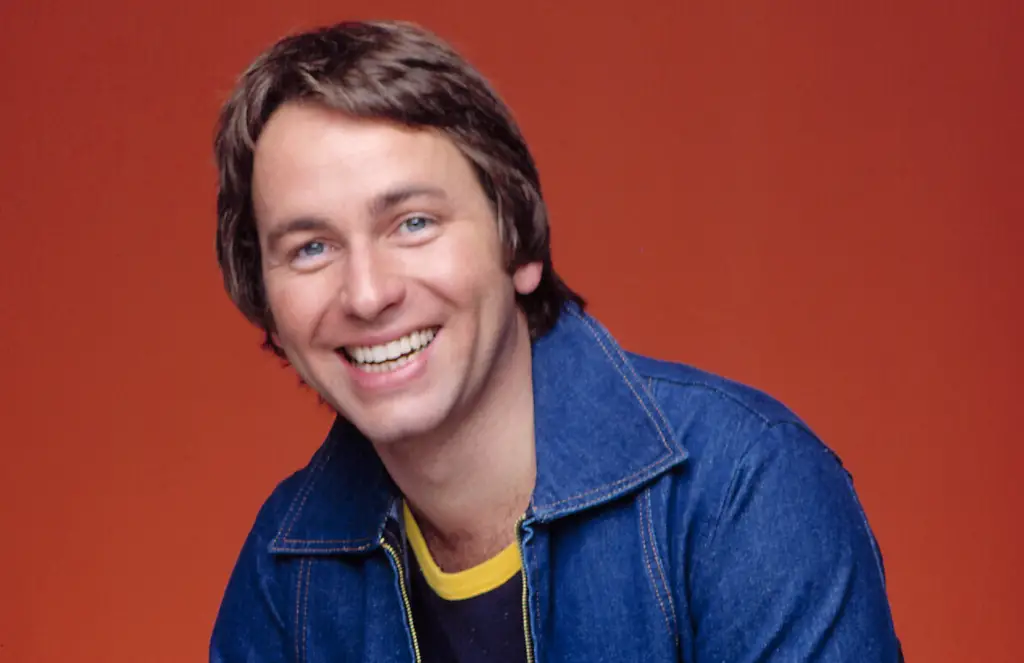
John Ritter’s Jack Tripper was the lovable goofball who pretended to be gay so he could live with two female roommates in Three’s Company. The premise itself relied on outdated stereotypes about gender and sexuality, with much of the humor revolving around Jack’s attempts to maintain his ruse.
In today’s world, the show’s portrayal of LGBTQ+ issues and its frequent use of innuendo would be viewed as insensitive. While Jack’s charm remains undeniable, the show’s concept would likely face major backlash.
10. Fonzie – Happy Days
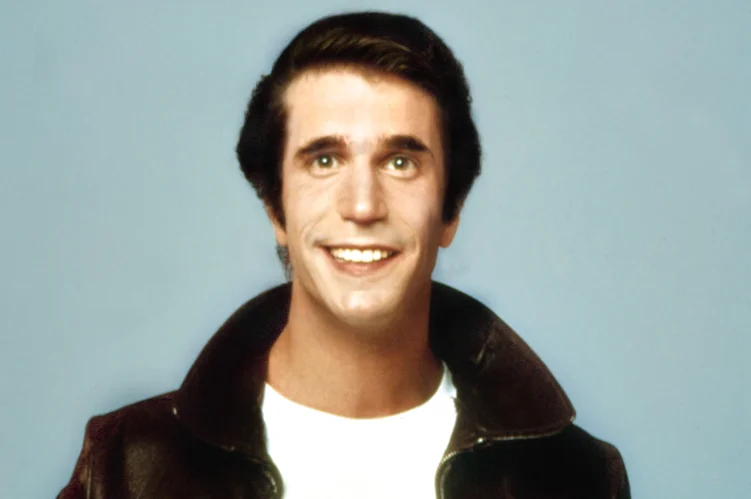
Arthur “The Fonz” Fonzarelli, played by Henry Winkler, was the epitome of cool in the ’70s. But looking back, his behavior—like constantly snapping his fingers to summon women or making inappropriate comments—feels out of place in today’s world.
While The Fonz was a product of his time, his actions wouldn’t align with modern conversations about consent and respect. Still, his leather jacket and “Ayyy” will always hold a special place in TV history.
11. George Jefferson – The Jeffersons
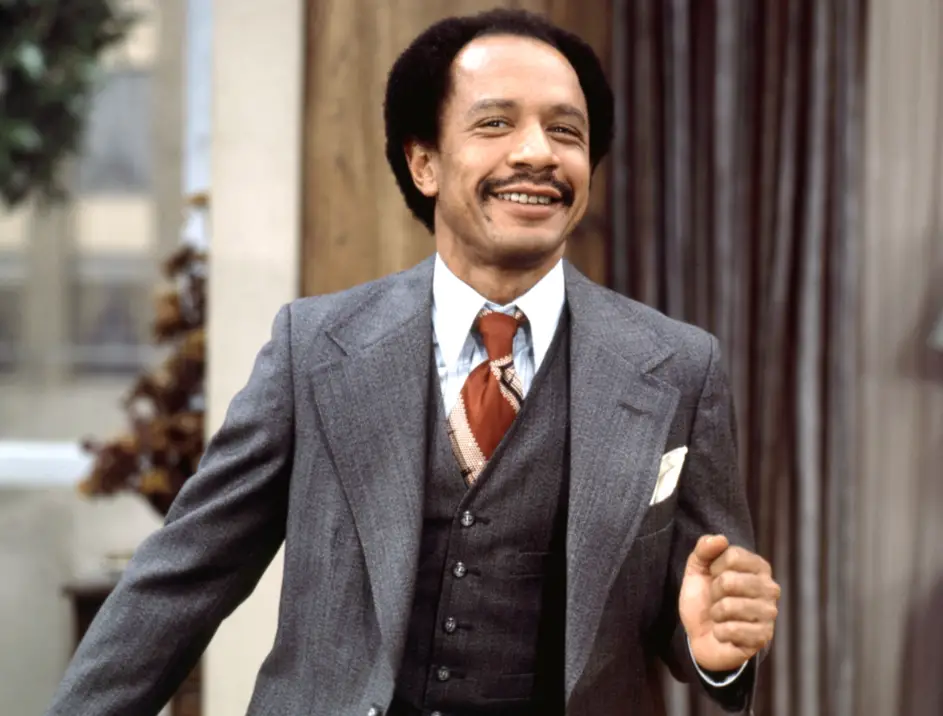
Sherman Hemsley’s George Jefferson was a hilarious and groundbreaking character, but his sharp tongue and constant use of racial stereotypes—even toward his own community—were a hallmark of the show. His verbal sparring with Florence the maid and his discomfort with interracial couples wouldn’t sit well today.
While George’s character was meant to challenge societal norms, his abrasive personality and outdated attitudes would make him a controversial figure in modern television.
12. Tony Nelson – I Dream of Jeannie
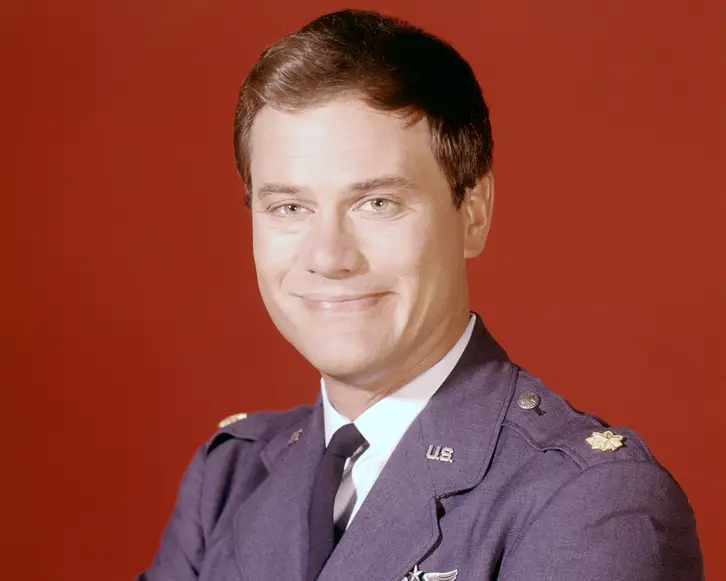
Larry Hagman’s Tony Nelson was a hapless astronaut who found himself with a magical genie, but his treatment of Jeannie often bordered on controlling. Despite her immense powers, Jeannie was frequently told to “stay in her bottle” or keep quiet.
Modern audiences would likely find Tony’s dismissive attitude toward Jeannie problematic, as it plays into outdated gender dynamics. But their comedic chemistry keeps the show beloved, even if Tony’s behavior wouldn’t fly today.
These characters were a reflection of their time, and while they entertained millions, their actions and attitudes remind us just how much society has evolved. Revisiting these shows offers both a laugh and a lesson in how far we’ve come—and how TV continues to reflect the changing world around us.


